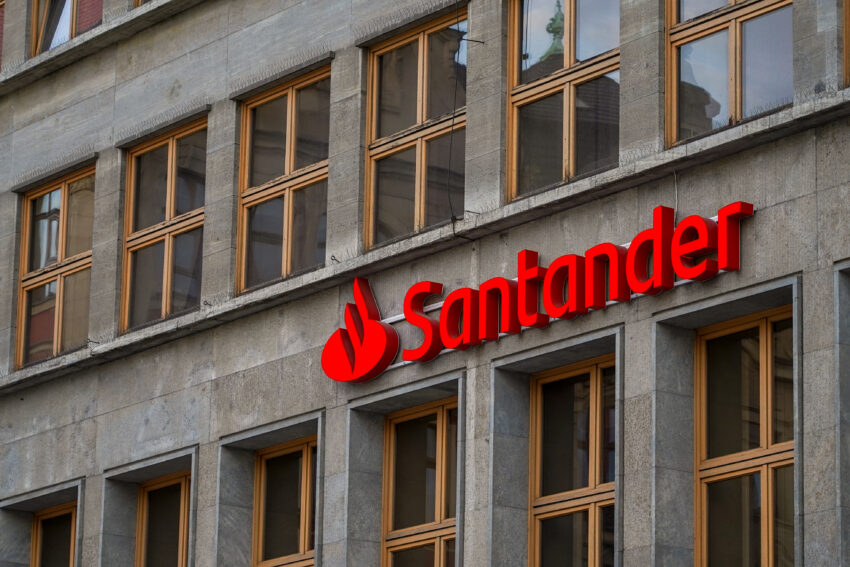Santander has tightened its hybrid working coverage, instructing its UK office-based workers to work the equal of three days every week at its workplaces.
In a current replace to 10,000 staff, the Spanish-owned financial institution introduced that its present coverage of permitting workers to work two days every week at certainly one of its websites would get replaced by a requirement of 12 days a month—successfully three days every week.
The change aligns with a broader pattern amongst employers to extend on-site attendance, as many firms search to shift the stability of hybrid working in the direction of extra time within the workplace. This adjustment comes on the heels of PwC’s announcement that its 26,000 UK staff should now spend at the very least three days every week within the workplace or at shopper websites, up from the earlier two to a few days.
Santander’s new coverage, which takes impact on the finish of the yr, goals to deliver workers again to their desks whereas providing extra flexibility than a inflexible three-day requirement. The financial institution emphasised that in-office presence is essential for supporting and growing its staff, significantly these early of their careers.
The directive impacts office-based staff, together with 4,500 workers at Santander’s new Milton Keynes hub and 1,000 staff in London. It doesn’t apply to department workers. Santander’s chief govt within the UK, Mike Regnier, works from his residence in Harrogate, Yorkshire, at the very least sooner or later every week, although his contract lists the £150 million Unity Place advanced in Milton Keynes as his main office.
The transfer by Santander is a part of a broader push amongst employers to counteract the entrenched distant working habits developed in the course of the Covid-19 pandemic. Nonetheless, some banks, resembling Lloyds, have opted for a extra lenient method, permitting workplace workers to earn a living from home as much as three days every week, with the choice for 5 days in the course of the summer time months.
Santander hopes that by rising in-office attendance, it could actually foster collaboration and mentorship, which it views as important to worker growth and the general office tradition.


